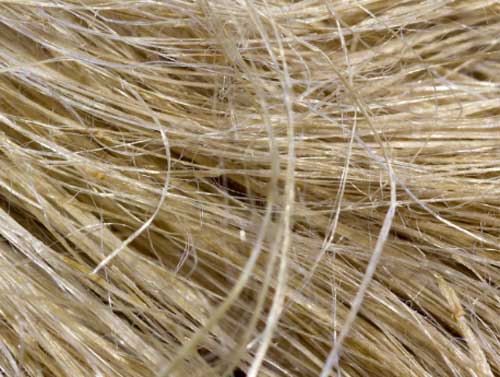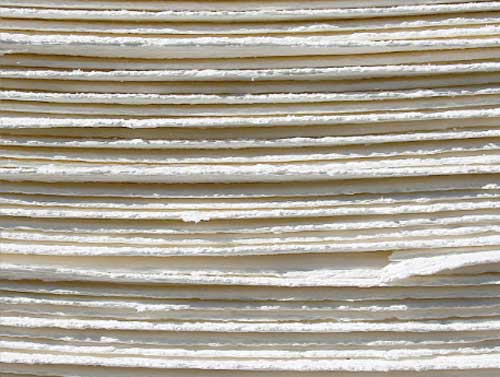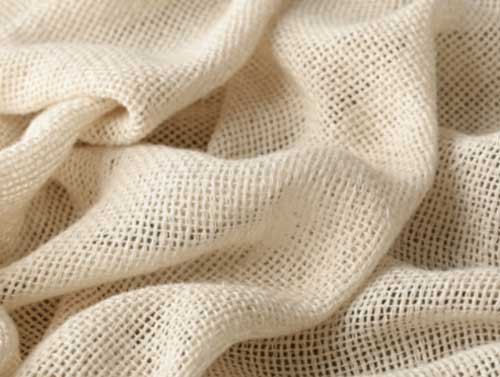The key objectives of the pHYBi project are:
Objective 1
Investigation and monitoring of long-term existing phytomanagement trial sites as well as investigation of new candidate sites.
Objective 2
Optimisation of phytomanagement strategies based on lessons learned.
Objective 3
Improvement of extraction and valorisation of lignocellulosic biomass fractions (cellulose, hemicellulose and lignin) and quality characterisation for use in textile applications.
Objective 4
Development of an open source Virtual Replication Tool based on modelling and optimisation modules, available for similar initiatives.
Objective 5
Evaluation of technical, economic, social and environmental viability.
Objective 6
Fostering social acceptance and maximising the project’s impact through effective communication and stakeholder engagement.



